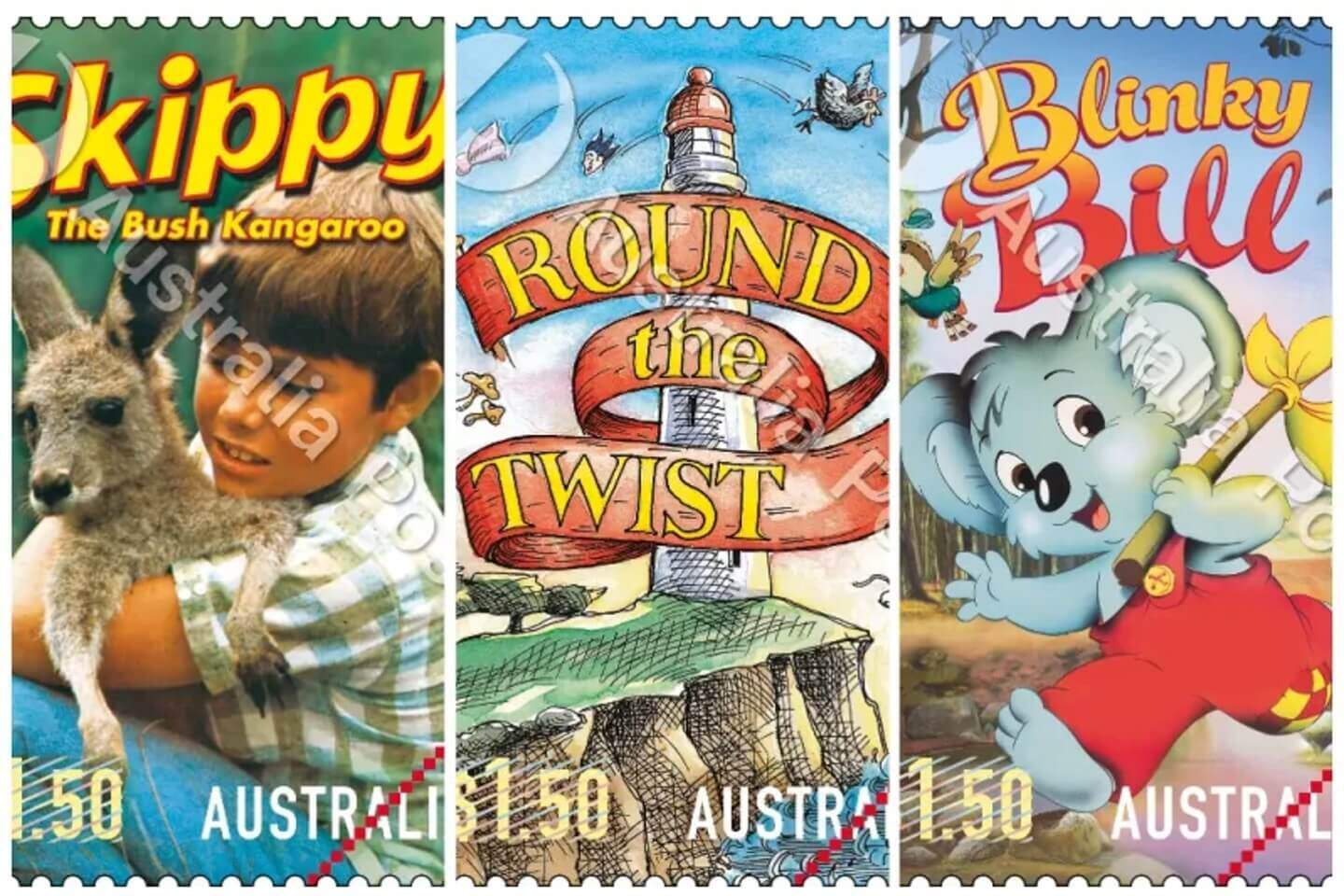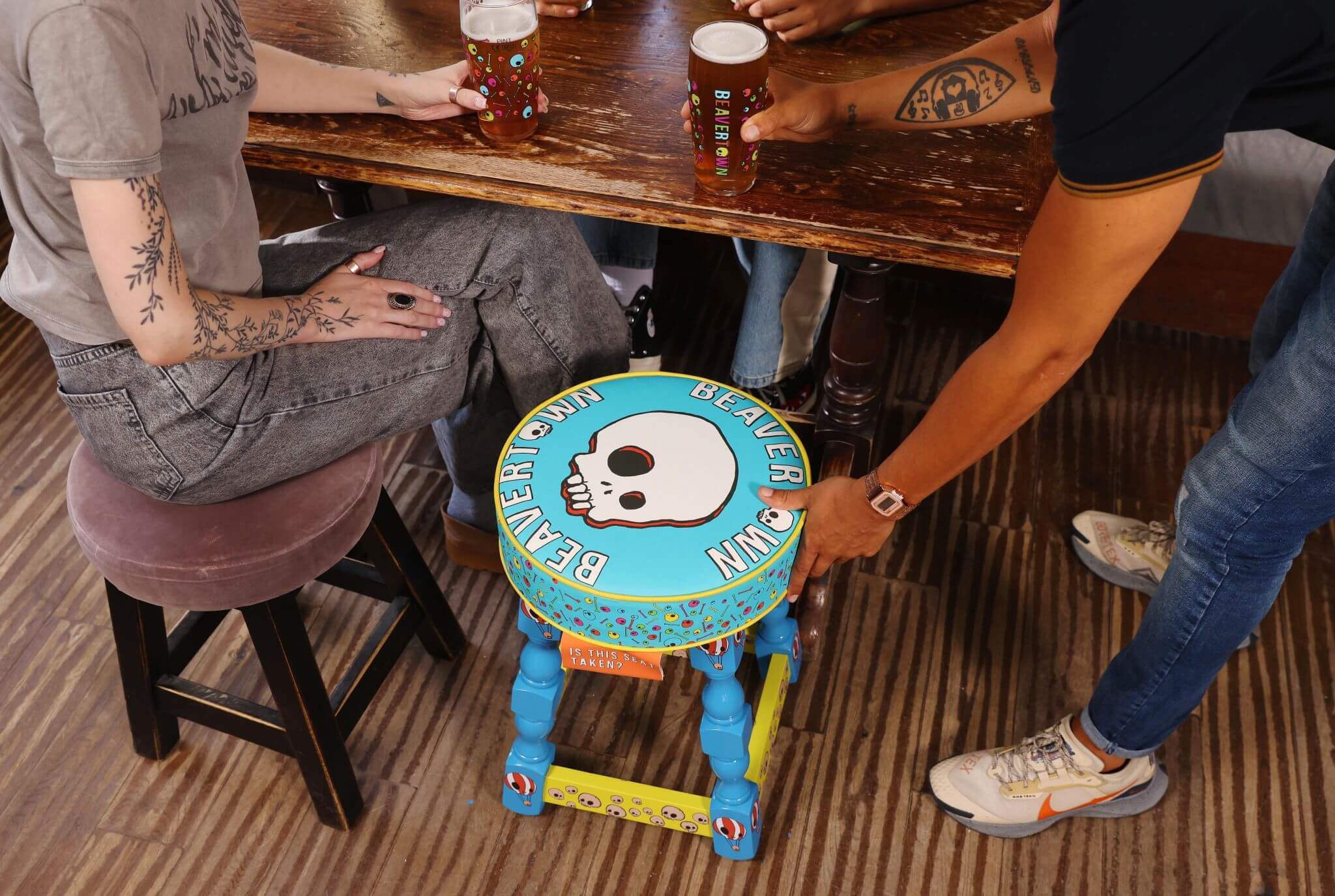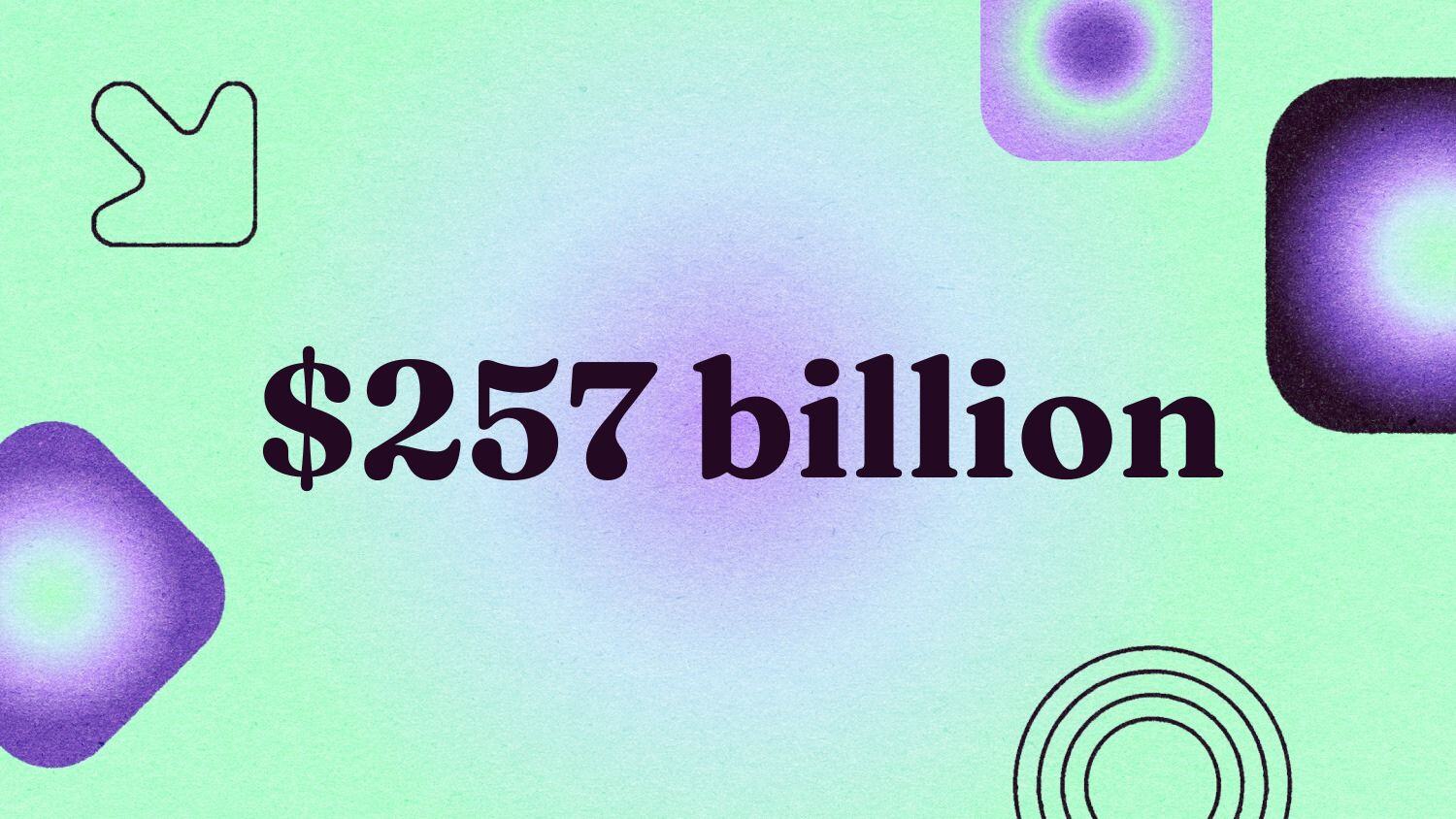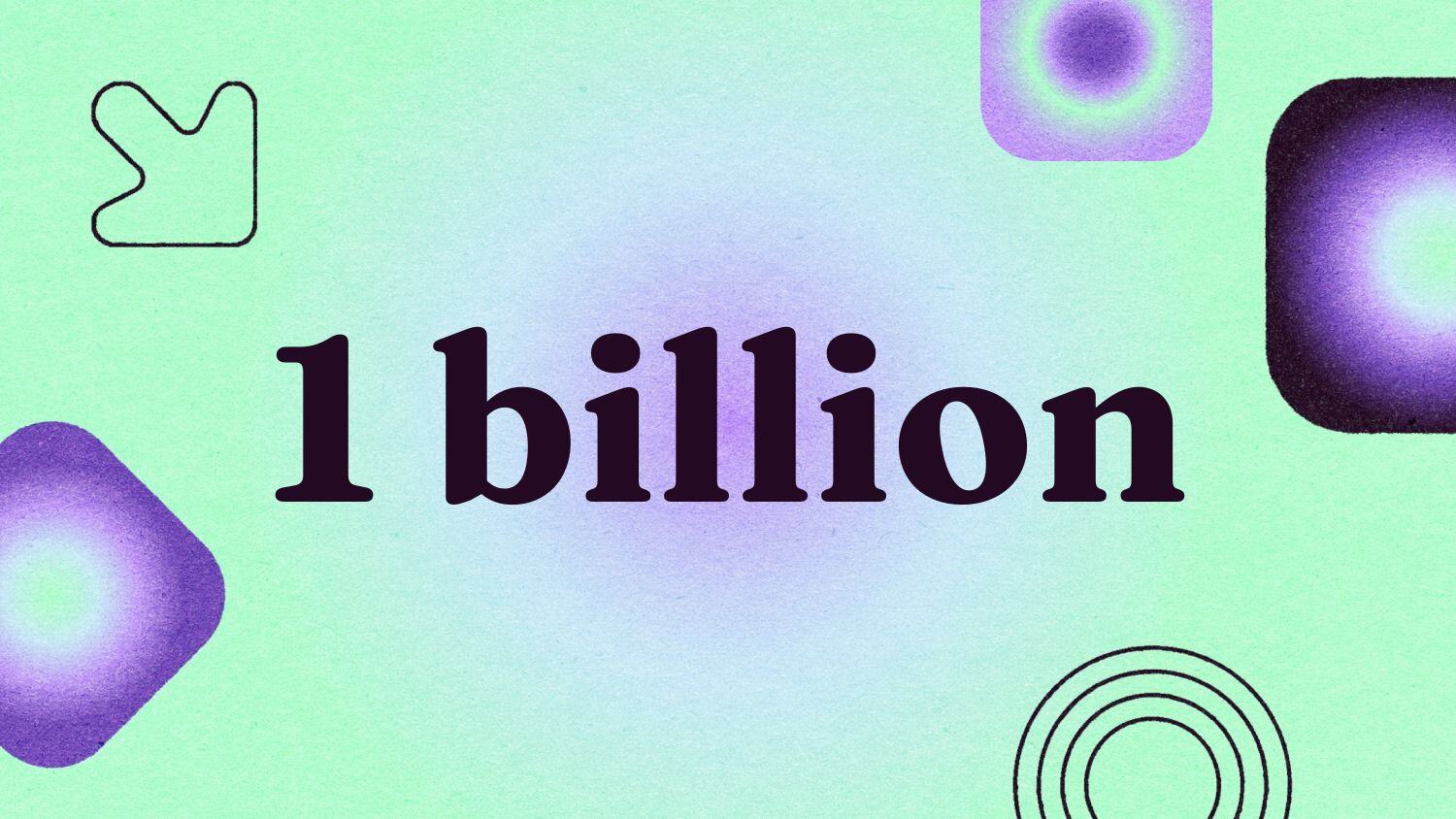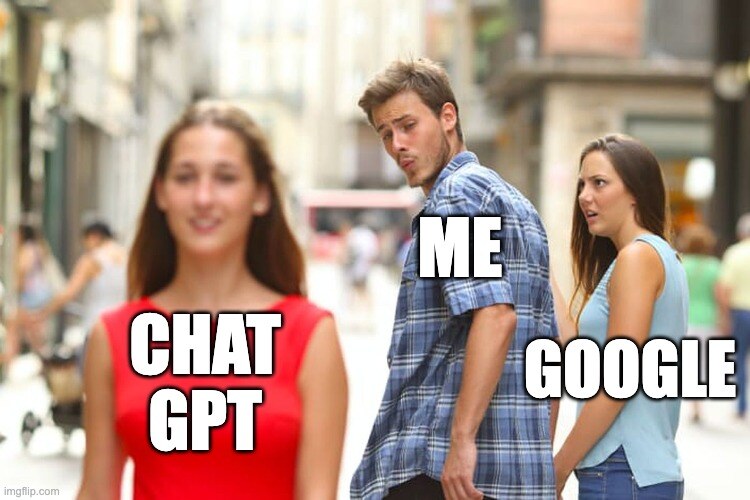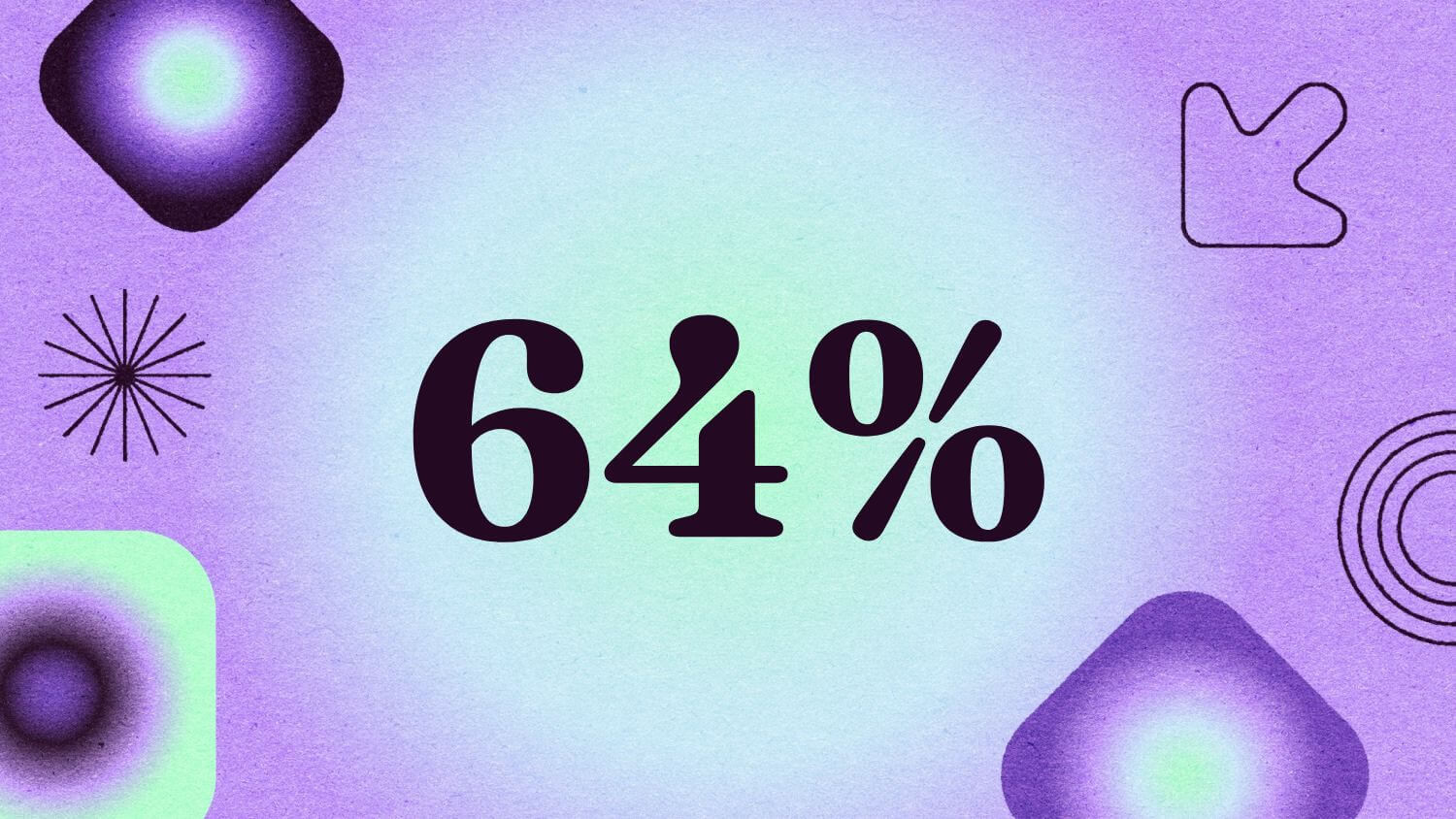Whether or not (aspiring) writers should be allowed to use AI — it’s a debate that rocked the foundations of National Novel Writing Month. The nonprofit published a statement declaring that anti-AI stances (enforced by the likes of Dove and publishing platform Medium) have “classist and ableist undertones.” NaNoWriMo has since removed the post following uproar from legions of authors and literary experts. But how justified was that condemnation?
While anxiety around AI automation rightfully abounds, AI can level the playing field for people who are still developing their skills, whether in the workplace or writing a novel for fun. So, while staking your flag in the ‘anti-AI’ camp might make for a captivating PR moment, your brand could benefit from considering whether that stance will actually widen opportunity gaps instead of narrowing them.


